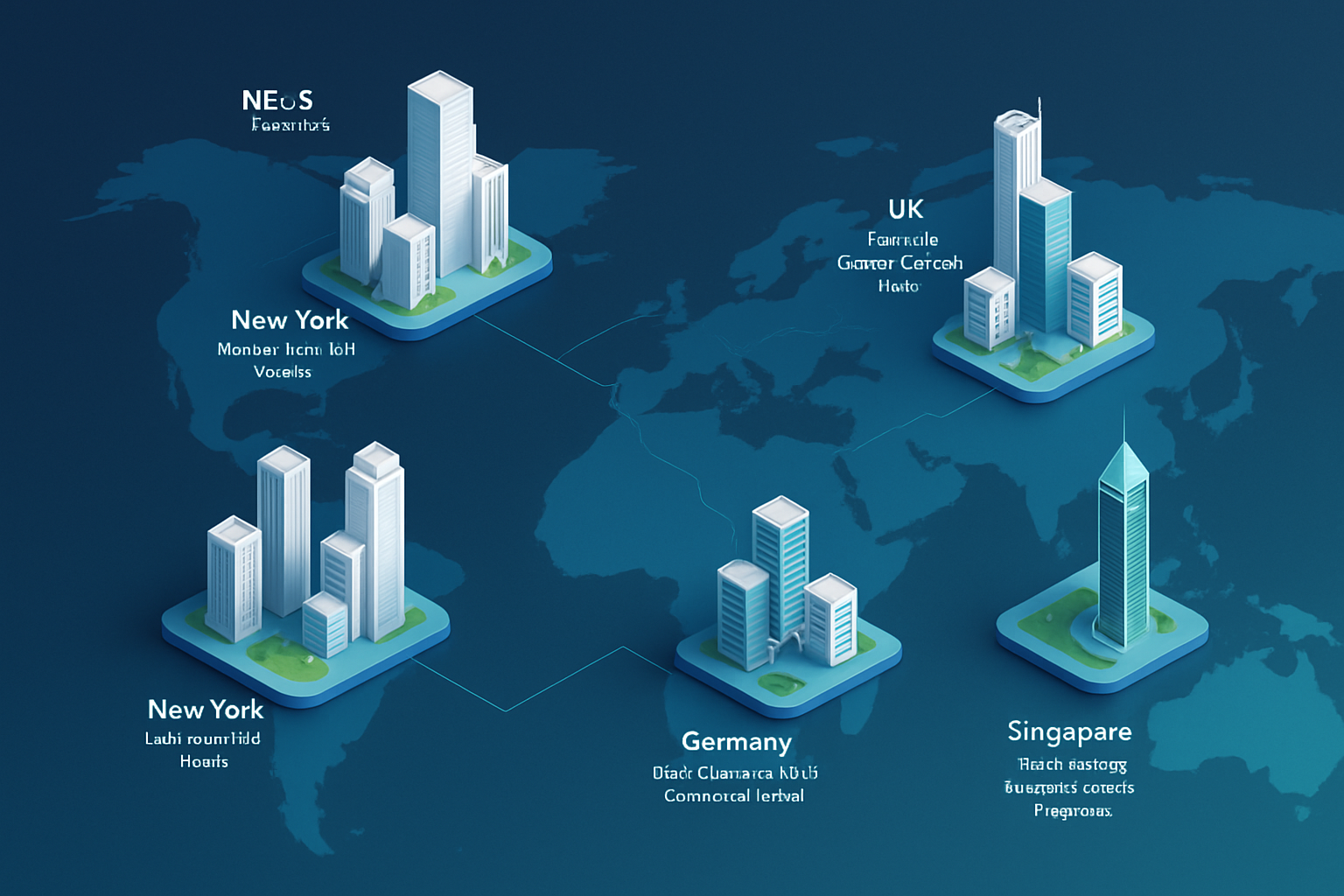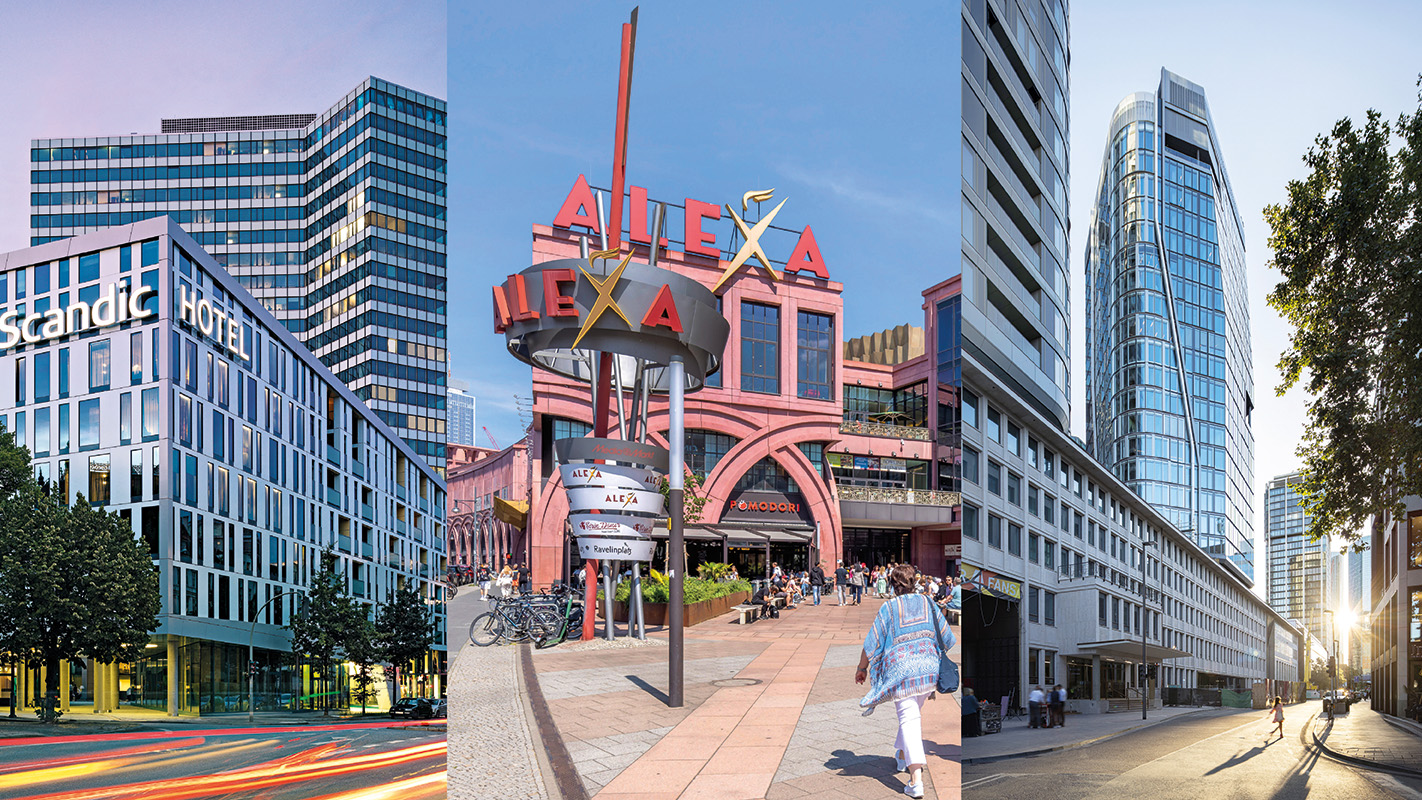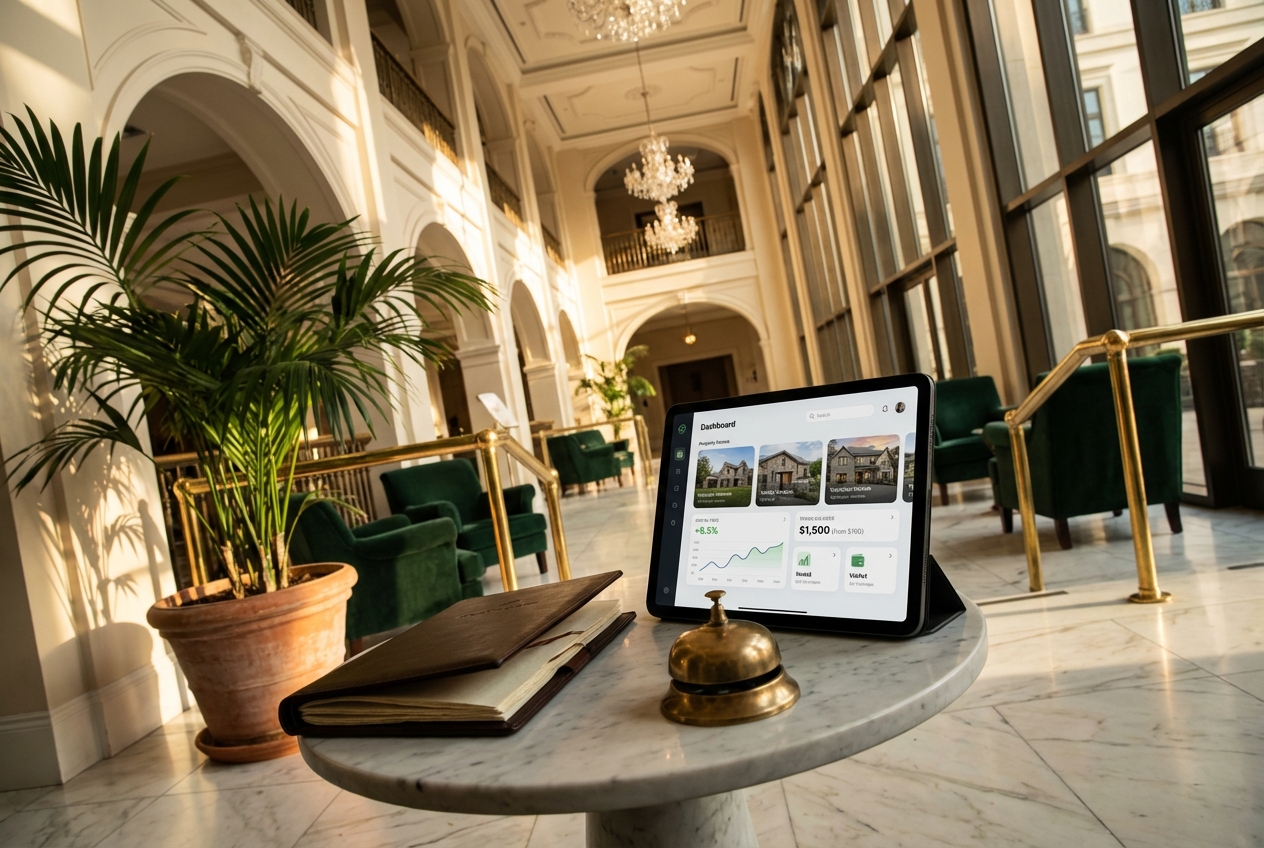Top Real Estate Markets for Tokenization in 2024: Opportunities and Trends

The tokenization of real estate is rapidly transforming global property investment, unlocking new liquidity and access for investors in 2024. By converting physical properties into digital tokens on blockchain networks, markets that once required significant capital and local presence are now open to a broader, more diverse investor base. As the sector expands, reaching $13.70 billion in 2024 according to recent reports: the most promising opportunities are emerging in select international hubs where regulatory clarity, robust property sectors, and technological adoption converge.

Why These Markets Lead in Tokenized Real Estate
The surge of interest in real estate tokenization markets 2024 is not evenly distributed. Five key regions stand out for their strategic advantages:
Top 5 Real Estate Tokenization Markets for 2024
-

United States – Major Gateway Cities (New York, Los Angeles, Miami): The U.S. leads global real estate tokenization, with New York, Los Angeles, and Miami at the forefront. These cities offer deep property markets, advanced blockchain adoption, and regulatory clarity, attracting both institutional and retail investors seeking fractional ownership and liquidity.
-

United Kingdom – London and Greater London Area: London stands out as Europe’s hub for tokenized real estate, supported by progressive financial regulations and a thriving fintech ecosystem. The city’s global investor base and robust commercial property sector make it a prime market for digital asset innovation.
-

Germany – Berlin and Frankfurt Commercial Real Estate: Berlin and Frankfurt are driving Germany’s emergence as a leader in tokenized commercial real estate. Strong regulatory frameworks and a dynamic property market, especially in office and mixed-use spaces, fuel investor interest and blockchain experimentation.
-

United Arab Emirates – Dubai Residential and Mixed-Use Developments: Dubai is a pioneer in adopting blockchain for real estate, with government-backed initiatives and a rapidly evolving market. Residential and mixed-use developments are frequently tokenized, offering global investors access to high-growth assets in a business-friendly environment.
-

Singapore – Prime Central Business District (CBD) Properties: Singapore’s CBD is a magnet for tokenized property investments, benefiting from advanced digital infrastructure, transparent regulations, and strong demand for fractionalized commercial assets. The city-state’s strategic location and openness to innovation attract both regional and international investors.
Each of these locations combines strong investor demand with advanced legal frameworks for digital assets, making them ideal for property token investment trends.
United States: Major Gateway Cities Drive Tokenized Growth
The United States continues to dominate the tokenized real estate landscape, accounting for approximately 44% of global revenue in 2024 (DataIntelo). Major gateway cities provides New York, Los Angeles, and Miami: are at the forefront due to their deep capital pools and institutional-grade assets. Regulatory initiatives like the Financial Innovation and Technology for the 21st Century Act (FIT21) provide much-needed clarity, fostering innovation while ensuring compliance.
In these cities, commercial office towers and luxury residential properties have become highly sought-after assets for fractional ownership via blockchain platforms such as Harbor and SolidBlock. Investors benefit from enhanced liquidity as property-backed tokens can be traded globally around the clock, a major leap from traditional real estate’s illiquidity.
This shift is democratizing access to trophy assets previously reserved for institutional players, while also allowing property owners to unlock equity without full asset sales.
London: The UK’s Regulatory Edge in Digital Property Investment
The United Kingdom, particularly London and Greater London Area, represents Europe’s most mature market for real estate tokenization. With Europe valued at $1.36 billion in 2024 (29% of global share), London stands out thanks to its progressive financial regulations and vibrant fintech ecosystem (DataIntelo). The UK’s regulatory sandbox approach has enabled platforms like Propy and BrickBlock to pilot innovative models that combine compliance with rapid market entry.
Prime office spaces in Canary Wharf or luxury flats in Mayfair are increasingly being fractionalized into tokens, attracting both domestic investors seeking diversification and international buyers looking for a secure entry point into one of the world’s most liquid property markets. The integration with DeFi protocols further enhances capital efficiency by enabling collateralization of these tokens.
Germany: Berlin and Frankfurt’s Commercial Real Estate on Chain
Germany’s Berlin and Frankfurt commercial real estate sectors have emerged as continental Europe’s testbed for large-scale tokenization initiatives. Germany benefits from a strong tradition of property-backed securities combined with recent legal reforms supporting digital asset issuance. Platforms such as Tokeny Solutions are facilitating the transition by offering end-to-end solutions that ensure regulatory compliance across EU jurisdictions.
The focus here is on high-value office complexes, logistics centers, and mixed-use developments, sectors where institutional demand remains robust despite cyclical economic pressures. For investors seeking exposure to stable European yields with enhanced liquidity profiles, German commercial real estate tokens present an attractive proposition within the best markets for tokenized real estate this year.
Dubai: UAE’s Residential and Mixed-Use Tokenization Boom
The United Arab Emirates, and specifically Dubai’s residential and mixed-use developments, have rapidly become a global epicenter for property tokenization. Dubai’s forward-thinking regulatory stance, exemplified by the Virtual Assets Regulatory Authority (VARA), provides a clear framework for blockchain-based real estate transactions. This regulatory clarity, combined with Dubai’s international appeal as a luxury destination and business hub, is attracting both regional and international investors.
Tokenized assets in Dubai range from high-rise residential towers in Downtown to expansive mixed-use projects along Sheikh Zayed Road. The city’s focus on smart contracts, digital identity verification, and seamless KYC/AML compliance makes it a preferred jurisdiction for platforms like Slice and RealFund. Investors are leveraging fractional ownership to gain exposure to Dubai’s dynamic property market without the traditional barriers of large capital requirements or local residency.
Singapore: Prime CBD Properties as Digital Assets
Singapore’s prime Central Business District (CBD) properties represent Asia-Pacific’s most advanced use case for real estate tokenization. With Asia Pacific’s tokenized real estate market size reaching $0.85 billion in 2024 (DataIntelo), Singapore stands out due to its robust legal infrastructure, proactive Monetary Authority of Singapore (MAS) oversight, and status as a global financial gateway.
Major commercial towers in Marina Bay and Raffles Place are now being fractionalized into property tokens tradable on regulated platforms. These digital assets provide investors with direct access to high-yielding Asian real estate while maintaining full transparency through blockchain recordkeeping. Singapore also leads in integrating tokenized real estate with DeFi protocols, allowing holders to unlock liquidity or earn yield through decentralized lending markets.
Key Trends Driving Market Expansion in 2024
The rapid adoption of property token investment trends across these top five markets is underpinned by several converging factors:
- Regulatory Maturity: Clearer frameworks like FIT21 in the US or VARA in Dubai reduce legal uncertainty and encourage institutional participation.
- Fractional Ownership and Liquidity: Lower entry thresholds open up previously exclusive assets while secondary trading venues increase liquidity.
- Integration with DeFi: Platforms now allow collateralization of property tokens, unlocking new capital flows from crypto-native investors (Dualmint).
- Pervasive Global Access: Investors worldwide can now diversify portfolios across continents with just a few clicks.
What Sets These Markets Apart?
The common denominator among these leading jurisdictions is their blend of robust legal infrastructure, deep capital pools, technological innovation, and willingness to embrace cross-border investment flows. As more institutional-grade platforms emerge, such as those highlighted by Deloitte Insights, market participants can expect greater transparency, lower transaction costs, and improved risk management compared to legacy models (Vocal Media). For investors seeking exposure to global real estate via digital assets, these five markets set the standard for security, compliance, and opportunity.







